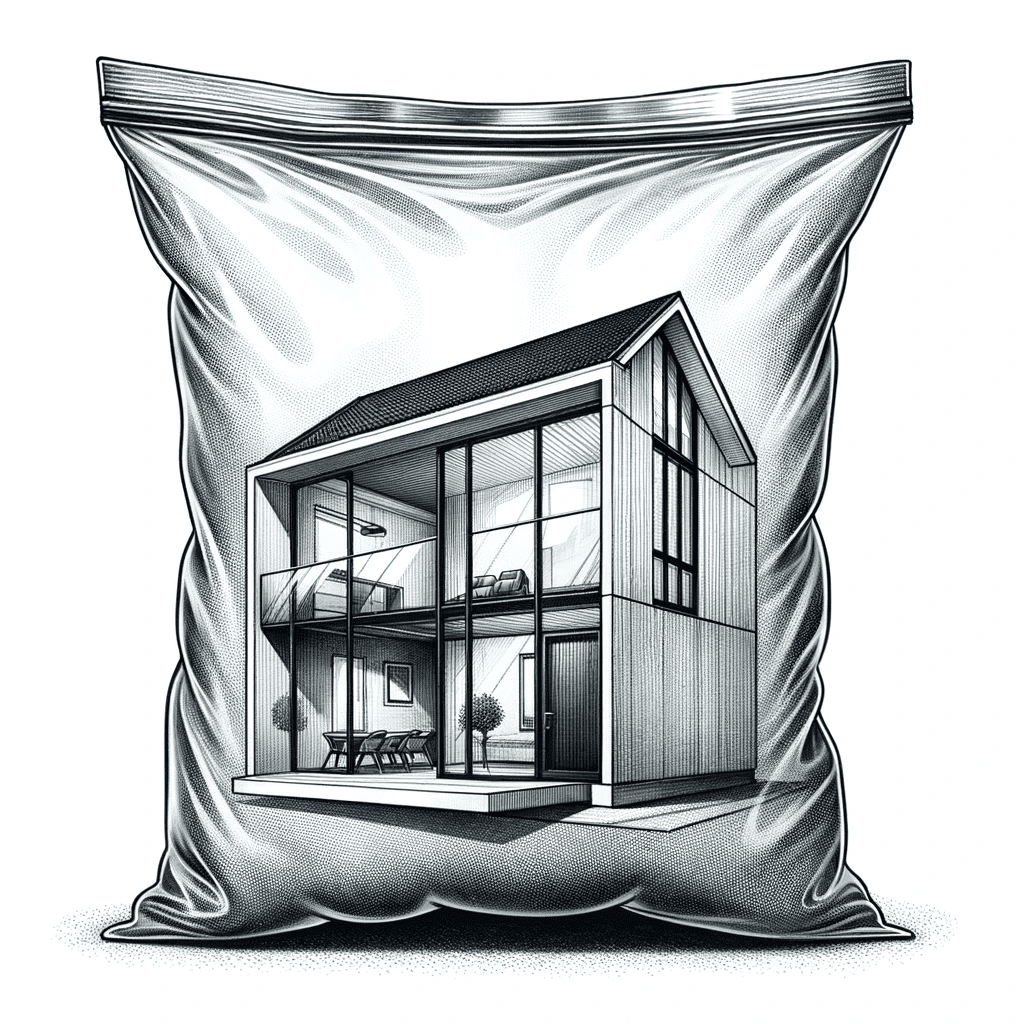In our quest for efficient, comfortable living, we often overlook a crucial aspect of our homes: the air we breathe.
Indoor air quality (IAQ) significantly impacts our health and well-being, yet it’s commonly neglected.
This article aims to shed light on the primary causes of poor indoor air quality in modern homes, offering practical solutions to ensure a healthier living environment.
Understanding Indoor Air Quality
Indoor air quality refers to the air quality within and around buildings, particularly as it relates to the health and comfort of building occupants.
Poor IAQ can lead to a range of health issues, from allergies and respiratory problems to more severe conditions.
Sources of Indoor Air Pollution
Various factors contribute to indoor air pollution, each requiring specific attention for mitigation.
- Inadequate Ventilation: Lack of sufficient air exchange with the outdoors
- High Humidity Levels: Creating a breeding ground for mold and mildew
- Household Cleaners and Chemicals: Emitting harmful volatile organic compounds (VOCs)
- Building Materials: Releasing gases and particles into the air
- Combustion Sources: Such as stoves, heaters, and fireplaces producing carbon monoxide and particulate matter
- Pets and Pests: Contributing dander, fur, and biological contaminants
Strategies to Improve Indoor Air Quality
Improving your home’s air quality involves simple yet effective steps.
- Ensure Proper Ventilation: Open windows and use exhaust fans
- Control Humidity Levels: Use dehumidifiers and air conditioners
- Choose Low-VOC Products: Opt for natural cleaners and paints
- Regular Cleaning: Reduce dust and pet dander accumulation
- Install Air Purifiers: Especially in bedrooms and living areas
- Inspect and Maintain HVAC Systems: Regular checks for filters and ducts
Impact of Modern Construction Practices
Modern homes are often built with energy efficiency in mind, leading to tighter seals and reduced natural ventilation.
While this is great for energy conservation, it can trap pollutants inside.
Exploring the balance between energy efficiency and air quality is essential.
Health Implications of Poor IAQ
Long-term exposure to poor indoor air can lead to chronic health problems such as asthma, headaches, fatigue, and even long-term respiratory diseases. Understanding these risks underscores the importance of maintaining good IAQ in our homes.
Technological Solutions and Innovations
Innovative technologies like smart air quality monitors and advanced HVAC filters can play a pivotal role in managing indoor air quality effectively.
Indoor air quality is a vital aspect of a healthy home environment.
By identifying the primary causes and implementing practical solutions, we can significantly enhance the air quality in our modern homes, contributing to our overall health and well-being.
Remember: Indoor air quality is not just about comfort; it’s about your health.
Take proactive steps today to ensure the air in your home is clean and safe.



